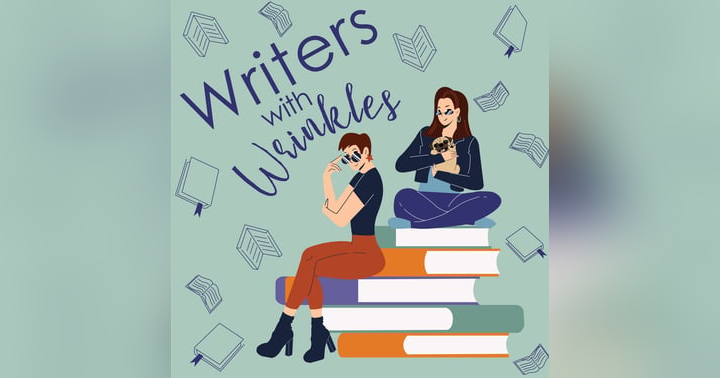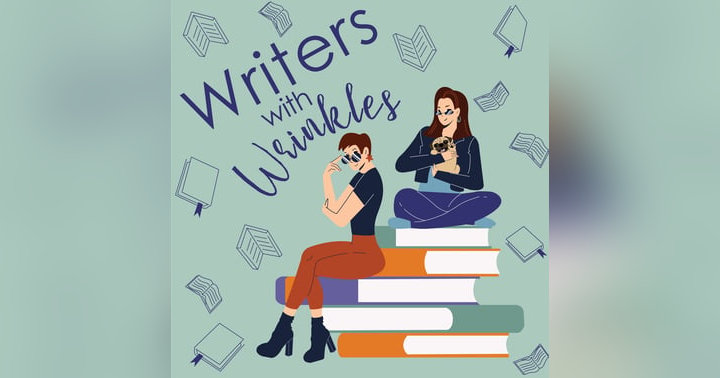Is AI a Useful Tool?

In this Ask Beth & Lisa episode, the hosts tackle one of the most talked-about subjects in publishing: artificial intelligence. They share how writers can ethically and effectively incorporate AI into their creative process without compromising voice or originality.
Key Discussion Points:
AI is a Tool, Not a Ghostwriter
Beth and Lisa start by setting a clear boundary: AI should never replace your creative voice. It’s not about outsourcing your writing but about leveraging a powerful tool to make certain parts of your process more efficient.Smart Ways to Use AI in Writing
Beth shares how she uses AI to organize messy revision notes into grouped workflows—helping connect plot threads, character arcs, and timeline changes. Lisa mentions using AI to generate setting-specific sensory details (sights, sounds, smells) that can bring scenes to life more vividly.Historical Context and Research Support
Need to know what a 17-year-old girl in 1995 might have watched or read? AI can offer quick context snapshots to help ground your characters in time. It’s a faster alternative to manually scouring the web for era-accurate references.World-Building and Consistency Checks
Writers of fantasy or sci-fi can train AI on their story's rules to ensure internal consistency. This technique can help identify if magical or futuristic elements violate the logic of the world the author has built—adding another layer of tension and credibility.Technology Timelines
AI is useful for pinpointing what tech was available in specific years, helping authors avoid embarrassing anachronisms. Beth gives an example of using AI to determine which technologies were widely accessible during a specific era.Use with Caution
The hosts warn that AI-generated writing often lacks voice and nuance. It tends to over-explain, assumes the reader is clueless, and lacks emotional depth. Always fact-check AI outputs to avoid inaccuracies.Organizational Advice and Writer Woes
The conversation also touches on the chaos of managing multiple drafts and devices. Lisa shares a traumatic beta-reading experience that ended with lost notes, reinforcing the need for a good file-labeling system. If you’ve ever named a document “final_final_FINAL.docx,” you’re not alone.Community and Agent Talk
Beth and Lisa invite listeners to contribute their own AI experiences and share writing questions via their website or their private Facebook group, The Waiting Room. They also tease a future episode with literary agent Leslie Zampetti on identifying red and green flags when querying.
Conclusion and Takeaways:
Writers don’t need to fear AI—but they do need to understand its boundaries. Used thoughtfully, AI can be a powerful ally for organizing revisions, enriching settings, fact-checking timelines, and maintaining internal story logic. However, voice, emotion, and originality still belong to the writer. Beth and Lisa remind us that writing is ultimately a human art—and that’s what makes it matter.
Mentioned Links:
Cheat Sheets from Joel Brigham’s episodes: writerswithwrinkles.net
Join the Facebook group The Waiting Room via the Writers With Wrinkles community.








